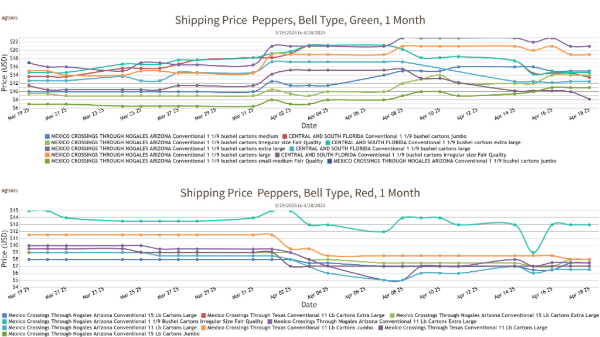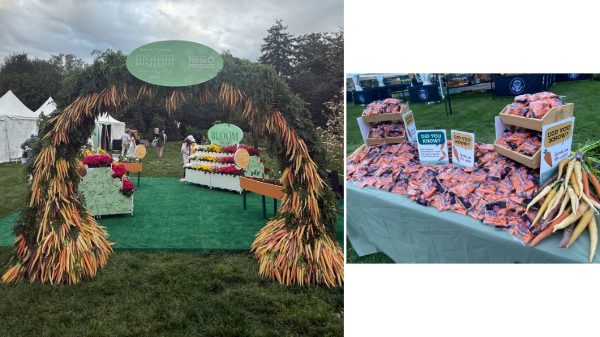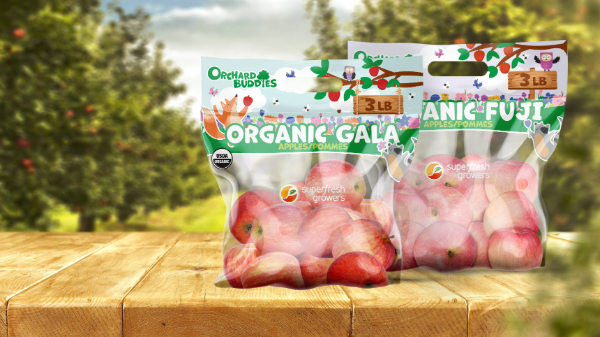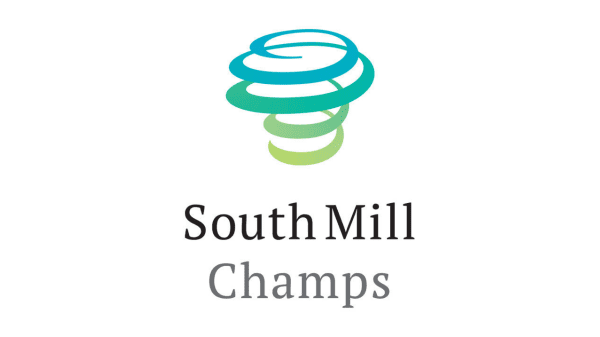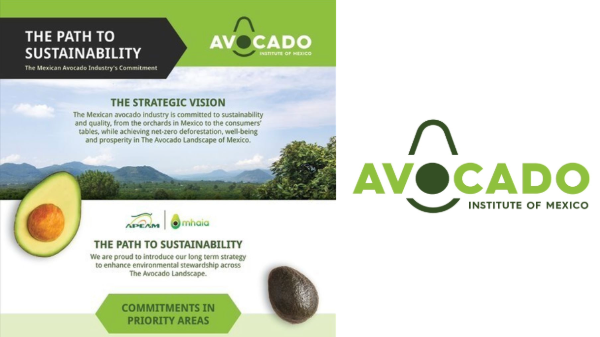Welcome to Blue Book!
Are you ready to join the thousands of companies who rely on Blue Book to drive smarter decisions? View our plans and get started today!
Still have questions? We’d love to show you what Blue Book can do for you. Drop us a line– we’ve been waiting for you.
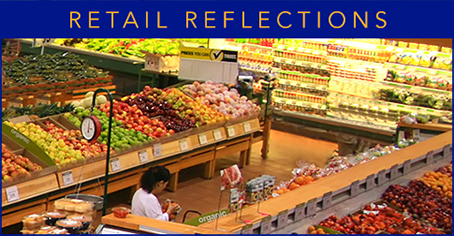
The inaugural Organic Produce Summit last July celebrated all things organic, including widely reported double-digit sales growth. This sounds as if produce consumption is up, yet this is not true as total consumption of fresh fruits and vegetables is flat—with some studies indicating it is actually declining.
So while the trade press highlights the growth of the organic sector, the focus has been taken off of overall fresh produce consumption.
Myth #1 – There are ‘good guys’ and ‘bad guys’ in produce.
At the Summit, a speaker called organic producers ‘the good guys’ in the industry. Perhaps it was the excitement of the gathering or just semantics, but it nonetheless makes one ask: who are the ‘bad guys’?
Of course, conventional growers are not bad guys, but therein lies the real issue—all of the positive press surrounding organics can make consumers question the value of conventionally grown produce.
Organics are often characterized as more nutritious, healthier, and better tasting—and many believe if fruits and vegetables are not produced organically, they are not as good for you or the environment.
None of this is supported by scientific fact. Flavor, nutrition, and shelf life have more to do with seed variety, climate,
soil conditions, and distance to market than organics. And poor agricultural practices, whether organic or conventional, can certainly have an impact on all of the above attributes, as well as food safety.
Myth #2 – No produce is better than conventional produce.
At the conference, it was acknowledged that a particular segment of shoppers will not buy a nonorganic produce item, even when an organic one is not available.
Do consumers—especially millennials and younger shoppers who often get much of their information via sound bites and social media—really believe no produce is better than conventionally-grown fruits or vegetables?
The produce industry needs to realize the battle for “share of plate” is not one of organic versus conventional, but rather of all produce competing with proteins, fast food, snacks, desserts, and all of the other items on a grocery list.
And this is not a matter of the organic industry marketing less, but for the industry to help consumers understand that conventionally grown products can be just as healthy, flavorful, and sustainable as their organic counterparts.
My concern really has nothing to do with the organic industry per se—it’s that per serving consumption of fresh fruits and vegetables is in a period of stasis.
If one sector of the fresh produce industry is being portrayed in a negative light, either directly or by inference, then we run the risk of consumers opting out of the category altogether.
Remember, if you’re calling one group ‘the good guys’ then, invariably, someone has to be ‘the bad guys.’ Better yet, remember this: “A rising tide lifts all boats”—so unity and support of all producers is far better than infighting or dwindling consumption.



